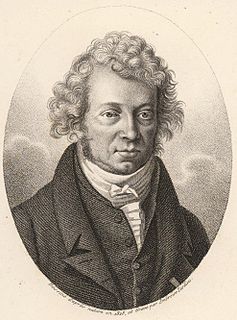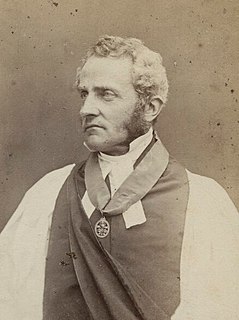A Quote by Herbert Butterfield
If history can do anything it is to remind us that all our judgments are merely relative to time and circumstance.
Related Quotes
None of us like the concept of law because none of us like the restraints it puts on us. But when we understand that God has given us his law to aid us in guarding our souls, we see that the law is for our fulfillment, not for our limitation. The law reminds us that some things, some experiences, some relationships are sacred. When everything has been profaned, it is not just my freedom that has been lost- the loss is everyone's. God gave us the law to remind us of the sacredness of life, and our created legal systems only serve to remind us of the profane judgments we make.
The arts and humanities define who we are as a people. That is their power -- to remind us of what we each have to offer, and what we all have in common. To help us understand our history and imagine our future. To give us hope in the moments of struggle and to bring us together when nothing else will.
The immature conscience is not its own master. It simply parrots the decisions of others. It does not make judgments of its own; it merely conforms to the judgments of others. That is not real freedom, and it makes true love impossible, for if we are to love truly and freely, we must be able to give something that is truly our own to another. If our heart does not belong to us, asks Merton, how can we give it to another?
But if, indeed, there be a nobler life in us than in these strangely moving atoms; if, indeed, there is an eternal difference between the fire which inhabits them, and that which animates us,--it must be shown, by each of us in his appointed place, not merely in the patience, but in the activity of our hope, not merely by our desire, but our labor, for the time when the dust of the generations of men shall be confirmed for foundations of the gates of the city of God.
Would that our harsh judgments could be restrained, our impatience checked, our selfishness broken down, our passions controlled, our waste of time and life in worthless or unworthy objects corrected, by the thought that there is One in whose hands we are, who cares for us with a parent's love, who will judge us hereafter without the slightest tinge of human' infirmity, the All-Merciful and the All-Just.
In a world where there are no longer books we have almost all of us read, the movies we have almost all of us seen are perhaps the richest cultural bond we have. They go on haunting us for years the way our dreams go on haunting us. In a way they are our dreams. The best of them remind us of human truths that would not seem as true without them. They help to remind us that we are all of us humans together.

































